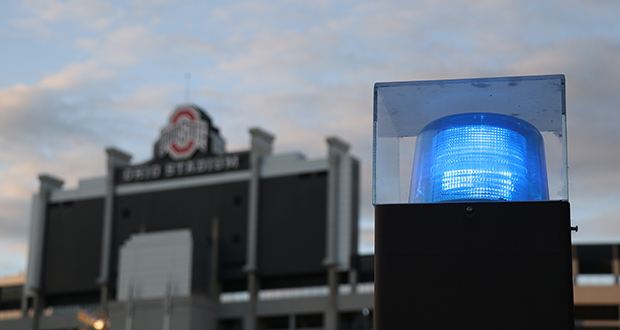Several weeks ago the Duke Conservative Union bought a pricey ad in Duke University’s student newspaper which outlined huge differences between registered Republicans and Democrats teaching in the humanities. The ad pointed out that of the 71 professors teaching those subjects only one was a registered Republican. This sparked a frenzy of conversation across campus and has put the university at one of the fronts of the continuing national debate on academic freedom and the place of ideology in the classroom.
A similar problem assails the students of the University of Texas. The Young Conservatives of Texas, in an effort to curb indoctrination on campus, has put together a quarterly “Watch List” which identifies professors who are pushing a particular agenda in the classroom whether it be liberal or conservative. The group’s aim is to provide a service to students: to warn them of impending political rhetoric being spewed in the classroom and to protect them from being graded on the basis of their particular political views.
Regardless of the well-known fact that America is pretty evenly divided between Republicans and Democrats, it’s becoming clear that countless public universities across the country are tending to lean Left. Angus-Reid polling firm found that 72 percent of faculty members surveyed at 140 colleges and universities were politically liberal and only 15 percent were conservative. In spite of the myriad statements we heard from colleges condemning the war in Iraq, it’s important to remember the university is not, and should not be, a political party.
Supposedly, many universities already believe in academic freedom but only in regards to race and gender, oddly not to ensure the diversity of opinion. This is particularly interesting in the increasingly dogmatic nature of the so-called liberal arts at universities like Duke. Such indoctrination has been made possible in part by public tax dollars – a public relatively uninformed about what goes on inside these classrooms.
“You can’t get a good education if they’re only telling you half the story.” That’s the motto of a newly founded organization called the Students for Academic Freedom (SAF). David Horowitz, the founder and former 1960s liberal activist turned conservative, is urging universities across the country to adopt what he calls an Academic Bill of Rights, a bill that would ensure the diversity of opinion on campus.
This would involve being nondiscriminatory of potential faculty in regards to their political opinions, the equal hiring of commencement speakers based on ideology and the enforced assurance that students would not be graded based on their political views.
Horowitz recognizes this bill could be, and has often been, construed as affirmative action for conservatives but has assured the public, “No one in SAF, after all, is out to drive liberal views from the campus public square. All its members want is to help ensure civility and fairness toward the roughly half of America that happens not to share those political views.”
There are already over 120 chapters of Students for Academic Freedom in place at many American universities but, curiously, not one at our own fine institution. I know I, for one, would have at least a couple suggestions for professors that could be placed on some kind of Watch List. It proves to be incredibly difficult to get an accurate view of a subject like history when the professor is consistently using the classroom as a political podium. Once the praises of Karl Marx and personal rants concerning separation of church and state are sifted through, the actual content of the class is reduced to next to nothing.


